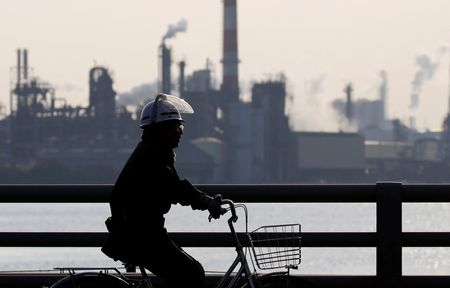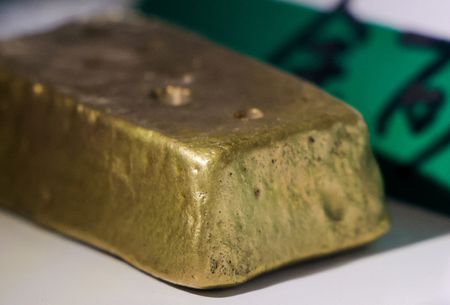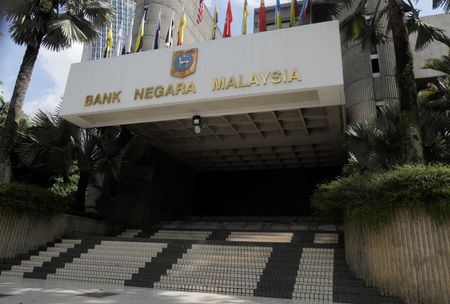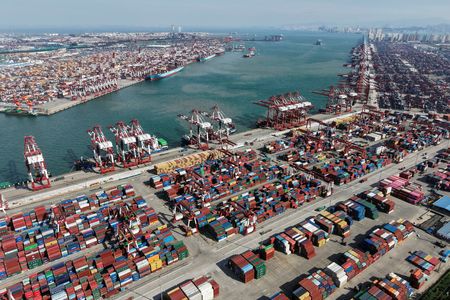TOKYO (Reuters) -Japan’s real wages fell for the ninth consecutive month in September as resurgent inflation outgrew nominal pay, government data showed on Thursday, highlighting the wage-price gap that complicates the Bank of Japan’s (BOJ) rate hike plans.
The BOJ kept interest rates unchanged at the October 29-30 policy meeting and Governor Kazuo Ueda signalled that the 2026 wage outlook would be the most crucial factor in determining the timing of the next hike.
Inflation-adjusted real wages, a key determinant of household purchasing power, decreased 1.4% in September from a year before, the labour ministry data showed.
That followed a revised 1.7% drop in August and extended the contraction streak that began in January.
Average nominal wage, or total cash earnings, rose 1.9% year-on-year to 297,145 yen ($1,971) in September, after posting revised 1.3% growth in the previous month.
The gain fell short of the 3.4% rise in consumer prices, which picked up pace for the first time since April. The inflation rate the ministry uses to calculate the headline real wage figure includes fresh food prices but not rent costs.
Regular pay, or base salary, increased 1.9% in September, matching the pace seen in August after a downward revision. Overtime pay, a barometer of business activity strength, rose 0.6% in September, picking up from revised 0.4% growth in August.
Special payments, mostly consisting of one-off bonus payments, rose 4.5% in September after a 7.8% fall in August. The indicator tends to be volatile outside of the common summer bonus months of June and July.
Japan’s largest labour organisation, Rengo, last month set a “5% or more” target for the 2026 spring pay talks, which typically conclude in mid-March. This year, Rengo member unions secured an average wage hike of 5.25%, the biggest in 34 years.
Separately, Japan’s largest industrial union group UA Zensen said on Thursday it would seek a 6% pay increase in wage negotiations next year, same as the baseline target set for this year’s talks.
UA Zensen, representing 1.9 million workers in the service, textiles, distribution and other industries, saw an average pay raise of 4.75% this year.
The group targets another bumper pay rise next year, citing persistent inflation that has weighed on real wage growth despite big pay increases in recent years.
New Japanese Prime Minister Sanae Takaichi on Tuesday said the country has yet to achieve sustainable inflation accompanied by wage gains, suggesting her preference for the central bank to go slow in raising interest rates.
($1 = 150.7800 yen)
(Reporting by Kantaro Komiya and Makiko Yamazaki; Editing by Tomasz Janowski and Stephen Coates)











